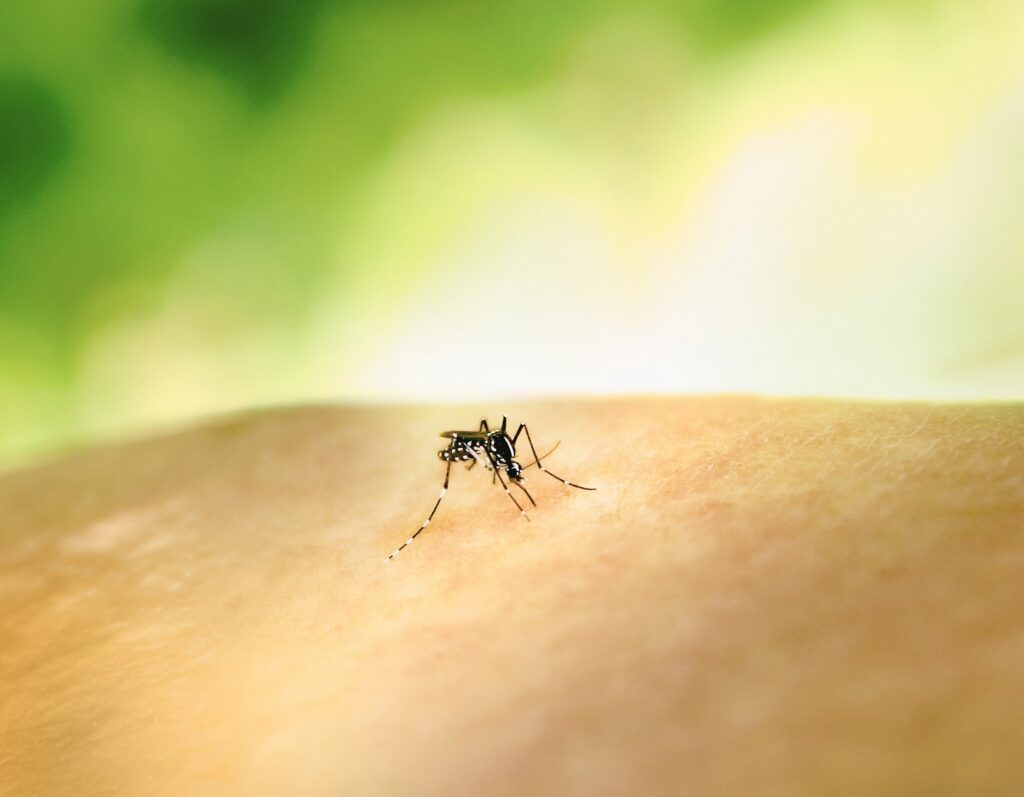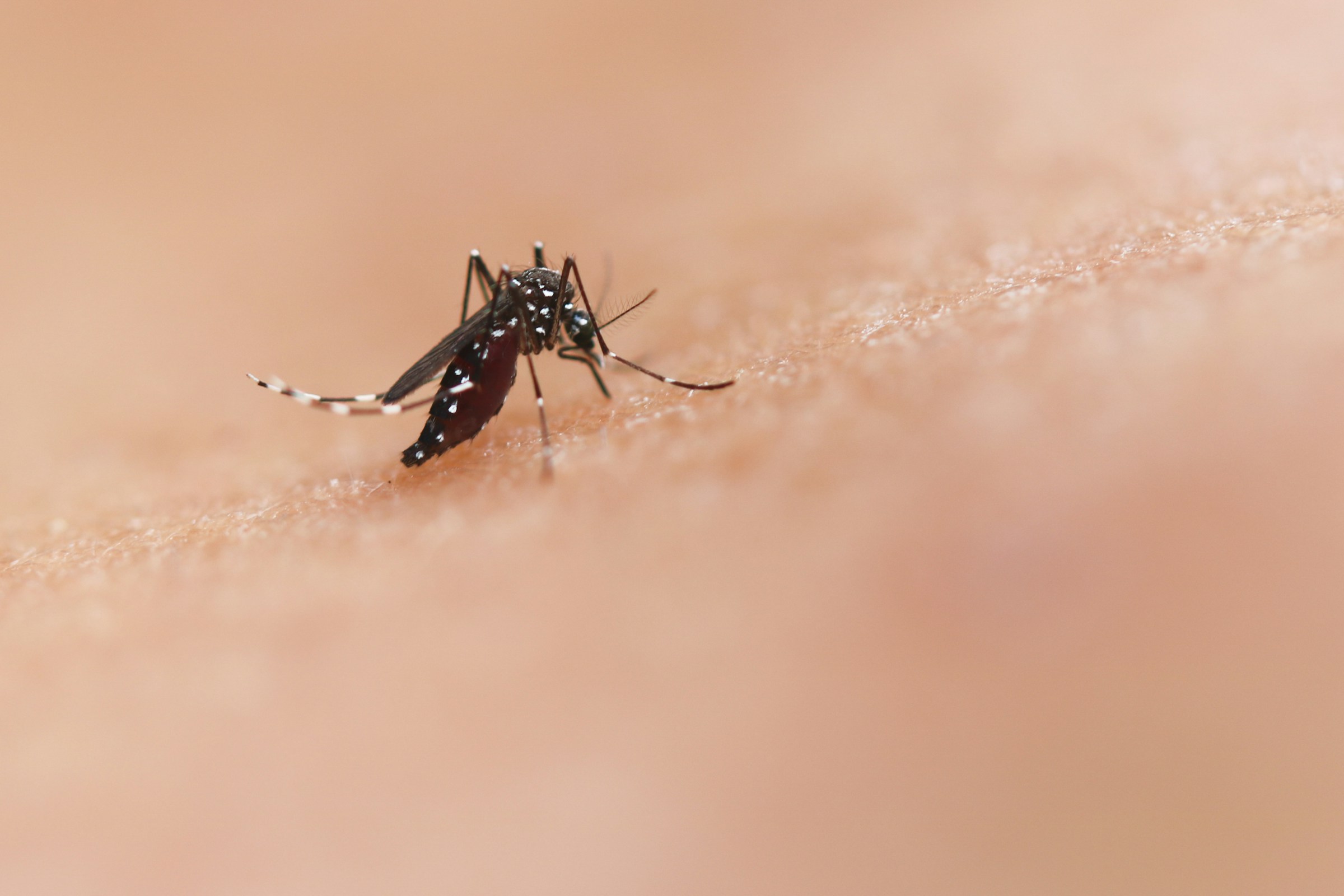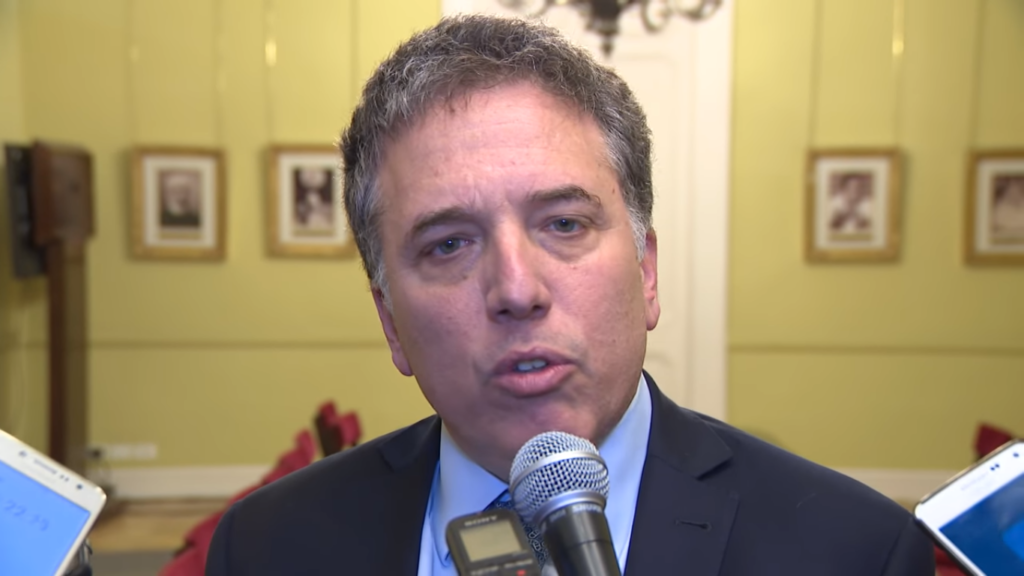Buenos Aires, Argentina — Argentina is facing a widespread dengue outbreak in almost every region of the country as warm temperatures make for ideal conditions for mosquitoes, which carry the disease, to reproduce and thrive.
Last week, the Health Ministry reported that cases have risen 2546% in February compared to the same month in 2023, reaching 57,210 people infected and 28 deaths. The health system is undergoing its toughest challenge since the COVID-19 pandemic of 2020.
Dengue is a viral infection that causes high fever, severe headache, muscle and joint pains, nausea, vomiting, swollen glands and rash. It can also lead to death when a person contracts the disease more than once on different dengue virus serotypes.
Even if dengue has a low mortality rate, it is the main cause of many comorbidities linked with poverty. For example, dengue patients with difficulties in accessing safe drinking water usually develop dehydration, leading to severe cases of the disease.
More common in tropical and subtropical countries like Brazil, the virus is traveling through Argentina via the Aedes Aegypti mosquito and has been registered in areas not usually susceptible to the disease, like the Andean province of Mendoza. Only the drier, colder region of Patagonia in southern Argentina hasn’t registered any cases in 2024.
Read more: Brazil’s dengue health emergency fueled by rising temperatures
Leda Guzzi, a researcher from the Argentina Society of Infectious Diseases (SADI), told national news agency Télam, that dengue is becoming endemic in almost all of Argentina, and expressed worries about environmental conditions that encourage mosquitoes’ frontier expansion.
“This is a consequence of climate change. Southern latitudes of the country are getting more humid and hot, a phenomenon that provides higher survival chances to Aedes Aegypti,” said Guzzi. According to SADI, 2023 marked an unprecedented record of winter cases of dengue.

Dengue official policies under scrutiny
Argentina Reports inquired with national authorities, as well as local authorities in the capital Buenos Aires, about official measures being taken by the government related to dengue. The country is in the midst of an economic crisis, and President Javier Milei slashed spending on many government agencies upon taking office late last year. What’s more, rising costs are making basic items like insect repellent 170 times more expensive.
In a statement, the Health Ministry affirmed that “dengue’s epidemiology situation has been increasing since October 2023. The usual peak of cases moved forward in comparison with recent years. There was insufficient vector control during the winter. The projections show that cases will only continue to grow.”
According to Health Ministry authorities, the government deployed technical assistance to improve prevention, vigilance and control measures in the more affected provinces.
Teresa Varela, the Director of Epidemiology for the province of Buenos Aires, told Argentina Reports that the current dengue outbreak exceeds all historic records. Argentina’s largest province has accumulated more than 7,800 cases this year. During the same period in 2023, there were only 40.
“There are many hot weeks ahead, so we’re promoting a campaign across every neighborhood to empty all home pools, buckets or even small flower pots that may contain stillwater, in which mosquitoes mostly thrive,” said Varela.
According to the City of Buenos Aires’ health authorities, sever cases of dengue in hospitals are rising, but right now, are under control. As they said in a statement sent to Latin America Reports, Muñiz Hospital -a hospital known for its epidemiology expertise in Buenos Aires- is receiving hundreds of new dengue cases every day.
Gabriel Battistella, the Undersecretary of Primary Health Attention for the city of Buenos Aires, told Latin America Reports: “The environment has been a key factor for the alarming amount of cases that we are having. It totally surpassed our prevention campaigns and the neighbors’ knowledge about dengue, which is not a new disease in our city.”











